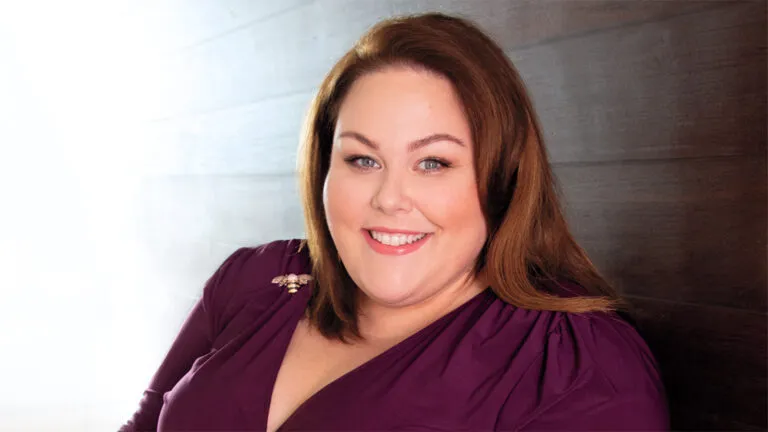In the weeks leading up to Thanksgiving, I looked toward the holiday with apprehension. The last time I’d spent it with my family was in 2011. Up until this year, I’d lived too far away to make it home. In fact, I hadn’t been to any family gathering for years. I keep up with my extended family through my parents, who inform me of the latest news.
Unfortunately, that news often isn’t very good. My aunts and uncles aren’t getting any younger, so it often has to do with their declining health. This year, I heard that my favorite uncle, my dad’s brother, was getting divorced. He wouldn’t be at our celebration. Furthermore, there was a nearly unresolved dispute over where to have dinner–it’s getting more and more difficult, apparently, to bring everyone to the same place.
These are the kinds of problems all families face–I certainly don’t think I’m alone. Nonetheless, last week I had built up a narrative in my head in which I was visiting my dysfunctional family, who would not let me return to New York emotionally unscathed.
But the key word here is narrative–a part of these expectations for my Thanksgiving celebration was a fiction. This is why I found my colleague Diana’s recent “Gratitude Challenge” to be so important–it challenges us to choose a happy narrative for our lives in which we see the good and don’t emphasize the bad.
This was also the theme of a recent New York Times editorial, where author Arthur C. Brooks discussed the neuroscience and psychology that has shown how choosing to be grateful, even when it doesn’t seem natural to do so, actually improves our satisfaction with our lives. “This is not just self-improvement hokum,” Brooks writes. “Researchers in one 2003 study randomly assigned one group of study participants to keep a short weekly list of the things they were grateful for, while other groups listed hassles or neutral events. Ten weeks later, the first group enjoyed significantly greater life satisfaction than the others.”
I had all of this in mind as we drove to my aunt’s house Thursday afternoon, though it was still difficult for me to let go of my cynicism. But later that day I got my own gratitude challenge–or, rather, my ingratitude was challenged.
My favorite uncle surprised all of us by walking in with my cousin and my aunt. The three of them were getting along fine despite the divorce. Pretty soon I was yucking it up with all of them just like ages ago.
Later that day my cousin and I sat in the backyard, enjoying the beautiful fall weather. “How is everything?” I said.
My cousin had been through a lot, but he’s the sort who can just go with the flow. “You know, it was difficult at first, but I think it’s good. They can finally pursue what they meant to pursue for a while now.” My uncle was moving to Philadelphia, where he would be closer to his son and have easier access to the music and culture that city has to offer. My aunt had used the money she’d got from selling their house to buy a bed and breakfast, a long-time dream. “I’m happy for them, actually,” my cousin said.
I was happy for them too. There were a lot of negative ways to look at what had happened to my aunt and uncle, but instead of dwelling on a story of doom and gloom, my cousin had chosen one of renewal and affirmation. It’s not unlike what I talked about in my last Mysterious Ways post–sometimes life’s setbacks are not actually setbacks at all, but just unexpected guideposts showing us the way.
Tell us about your Thanksgiving celebration—what surprises made you grateful to be there?




